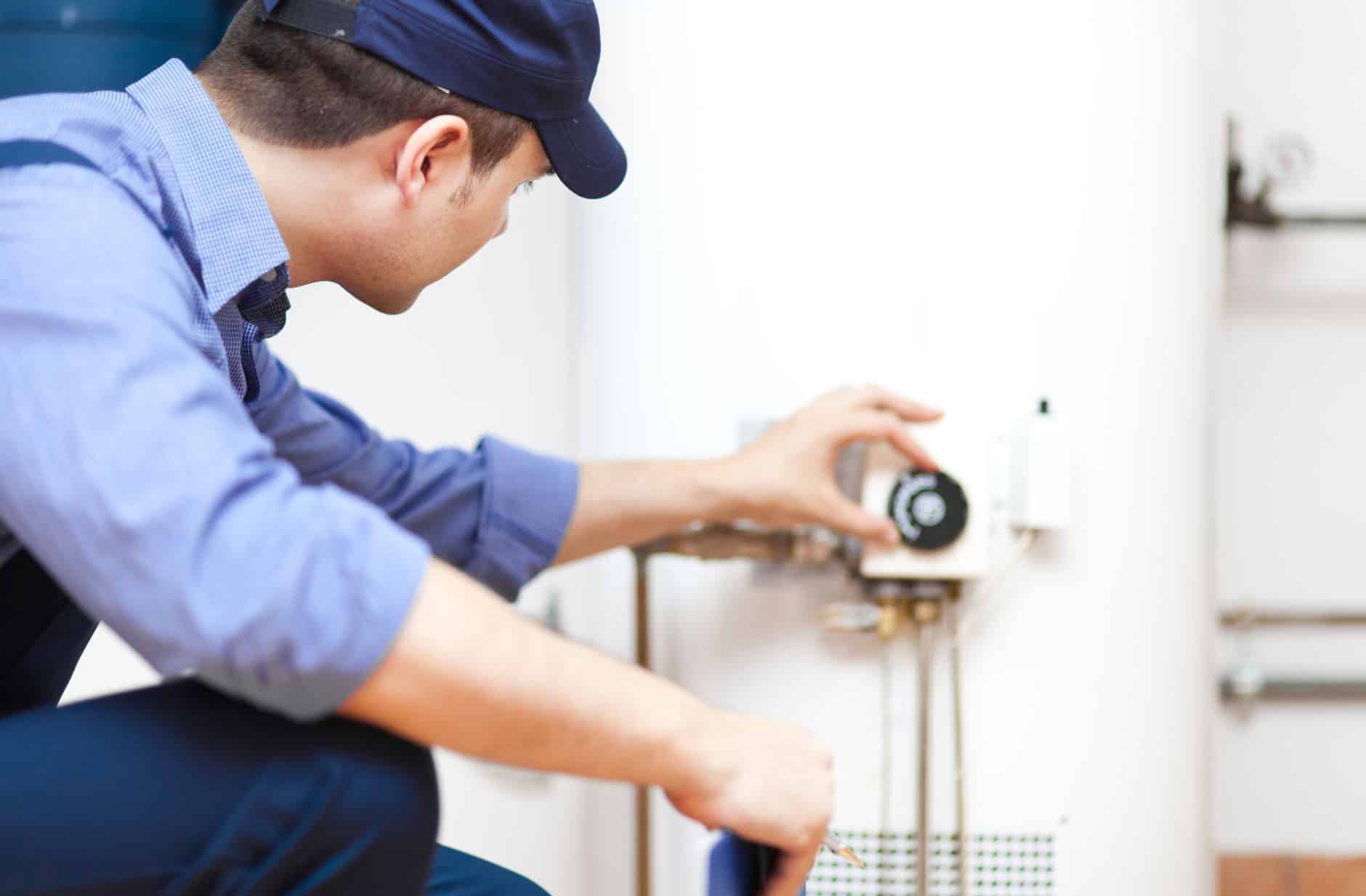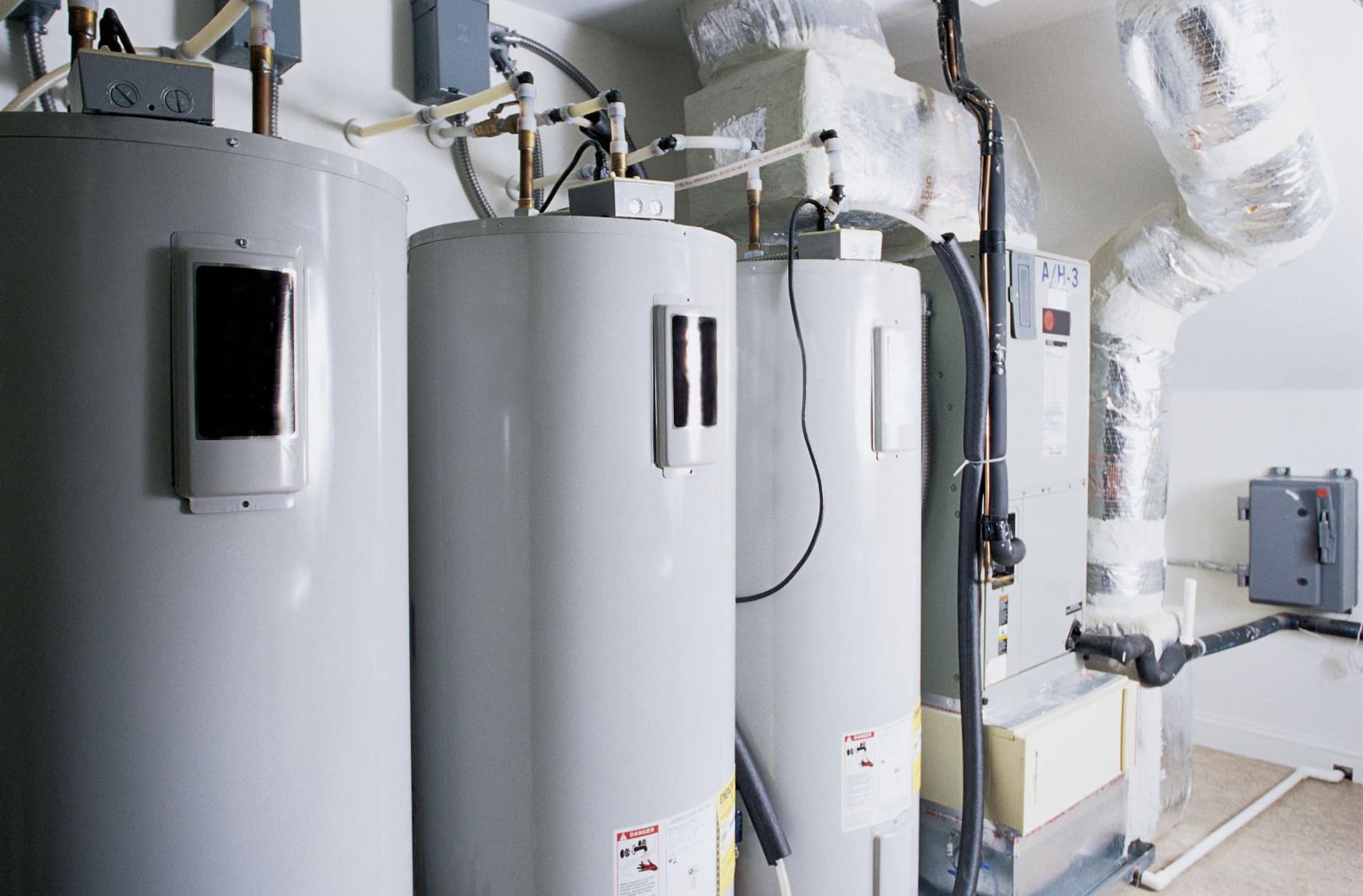A water heater is one of the most vital appliances in your home, providing the hot water necessary for daily tasks like bathing, cooking, and cleaning. However, like all appliances, your water heater requires regular maintenance to function efficiently and last longer. One of the most significant threats to your water heater’s longevity is corrosion. If left unchecked, corrosion can lead to costly repairs, decreased efficiency, and even complete water heater failure. By understanding the causes of corrosion and implementing effective corrosion prevention techniques, you can protect your investment and ensure a continuous hot water supply for your household.
Understanding Corrosion
Corrosion is a natural process that occurs when metal reacts with environmental elements like water, oxygen, or chemicals. Over time, this reaction leads to the deterioration of the metal, weakening its structure and leading to failures. In the context of water heaters, corrosion typically manifests as rust, which can compromise the tank’s integrity and lead to leaks or even catastrophic failure.
The most common sign of corrosion in water heaters is the presence of rust-colored water when you turn on the hot water tap. You might also notice rust or corrosion on the tank’s exterior, particularly around the seams and fittings. Failing to promptly address corrosion can cause significant damage, leading to expensive repairs or requiring a complete replacement of water heater.
Causes of Corrosion in Water Heaters
Several factors contribute to the corrosion of water heaters, and understanding these can help you take preventive measures:
- Mineral Deposits: Hard water, which contains high levels of minerals like calcium and magnesium, can accelerate corrosion. As these minerals build up inside the tank, they create a barrier between the water and the tank’s protective lining, increasing the risk of corrosion.
- Water Quality: The water quality in your area plays a significant role in corrosion. Water with high acidity or high levels of dissolved oxygen can be particularly corrosive, leading to rapid deterioration of the tank.
- Anode Rod Depletion: The anode rod is a critical component in preventing water heater corrosion. It acts as a sacrificial metal, attracting corrosive elements in the water and protecting the tank itself. However, over time, the anode rod depletes and needs to be replaced. If not, the tank becomes vulnerable to corrosion.
- High Temperature: Excessive water temperature can also contribute to corrosion. When the temperature is set too high, it can speed up the rate of corrosion, especially if the water is hard or contains high levels of dissolved oxygen.
Preventive Measures
Preventing corrosion in your water heater requires regular maintenance and a proactive approach. By following these preventive measures, you can significantly extend the lifespan of your water heater and avoid costly repairs:
Regular Flushing of the Tank:
Sediment buildup is a common issue in water heaters, particularly in areas with hard water. Over time, these mineral deposits settle at the bottom of the tank, leading to increased corrosion and reduced efficiency. Flushing the tank at least once a year helps remove these deposits and reduces the risk of corrosion. To flush the tank, turn off the power supply to the water heater, connect a garden hose to the drain valve, and allow the water to flow out until it runs clear.
Inspecting and Replacing the Anode Rod:
The anode rod is your water heater’s first line of defense against corrosion. Regularly inspecting and replacing the anode rod when necessary is crucial for preventing corrosion. A depleted anode rod can no longer protect the tank, so checking it at least once a year is important. If the rod is heavily corroded or less than half an inch thick, it’s time to replace it.
Checking Temperature Settings:
Setting your water heater’s temperature too high can increase the corrosion rate. The optimal temperature for most households is around 120°F (49°C). This temperature is hot enough for daily use but not so high that it accelerates corrosion or increases the risk of scalding.
Installing a Water Softener:
If you live in an area with hard water, installing a water softener can significantly reduce the risk of corrosion. Water softeners remove the minerals that cause hard water, reducing the potential for sediment buildup and corrosion in your water heater. While a water softener can be an investment, it can save you money in the long run by extending the life of your water heater and reducing maintenance costs.
Applying a Protective Coating:
Protective coatings can be applied to the interior of the water heater tank to prevent corrosion. These coatings act as a barrier, preventing water and other corrosive elements from coming into direct contact with the tank’s metal surface. Factory-applied protective coatings cover some water heaters, but you can apply additional coatings during regular maintenance to protect the tank further.
Professional Help

While regular maintenance can go a long way in preventing corrosion, there are times when it’s best to call in a professional. A licensed plumber can perform a thorough inspection of your water heater, identifying any potential issues before they become serious problems. This early identification can bring you relief, knowing that you’re taking proactive steps to prevent major issues. Professional maintenance services can include flushing the tank, inspecting and replacing the anode rod, checking the temperature settings, and applying protective coatings.
Regular professional inspections are especially important for older water heaters or those in areas with hard or corrosive water. By scheduling annual maintenance with a qualified plumber, you can ensure that your water heater remains in good condition and continues to provide reliable service for years to come, giving you peace of mind and security.
If you’re unsure whether your water heater needs professional attention, consider scheduling an inspection if you notice any of the following signs:
- Rust-colored water
- Decreased hot water supply
- Strange noises coming from the tank
- Visible rust or corrosion on the tank
- Leaks or water pooling around the base of the heater
Consult with a professional for more information about professional inspection services or if you suspect your water heater may need expert attention.
Ensuring the Longevity of Your Water Heater
Corrosion is a serious threat to the longevity and efficiency of your water heater. Still, with regular maintenance and the proper preventive measures, you can protect your investment and avoid costly repairs. By understanding the causes of corrosion and implementing effective strategies like water heater maintenance, you can significantly reduce the risk of corrosion and extend the lifespan of your water heater.
Remember, regular maintenance is key to keeping your water heater in top condition. Don’t wait until you notice signs of corrosion—take action today to protect your water heater and ensure a reliable supply of hot water for your home. By taking action, you’re empowering yourself to maintain a reliable supply of hot water. For additional guidance on maintaining your water heater, check out these helpful maintenance tips.
Ready to Take Action?
For expert maintenance and inspection services, contact Crandall’s Plumbing today. Our team of experienced plumbers can help you with everything from routine water heater maintenance to professional inspections and repairs. Don’t let corrosion compromise your water heater—schedule your service today and enjoy peace of mind knowing your water heater is in good hands.

